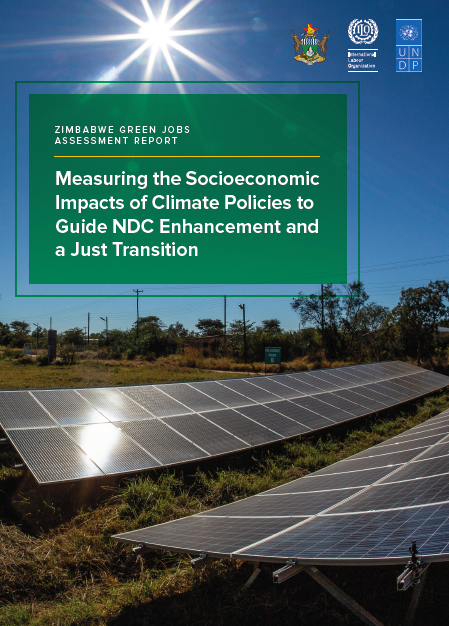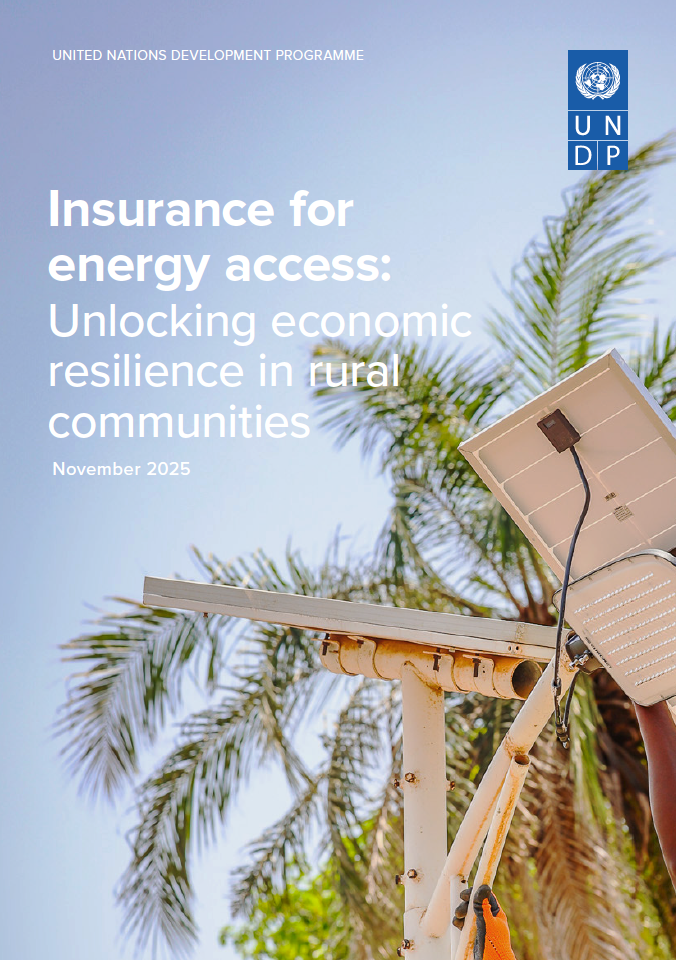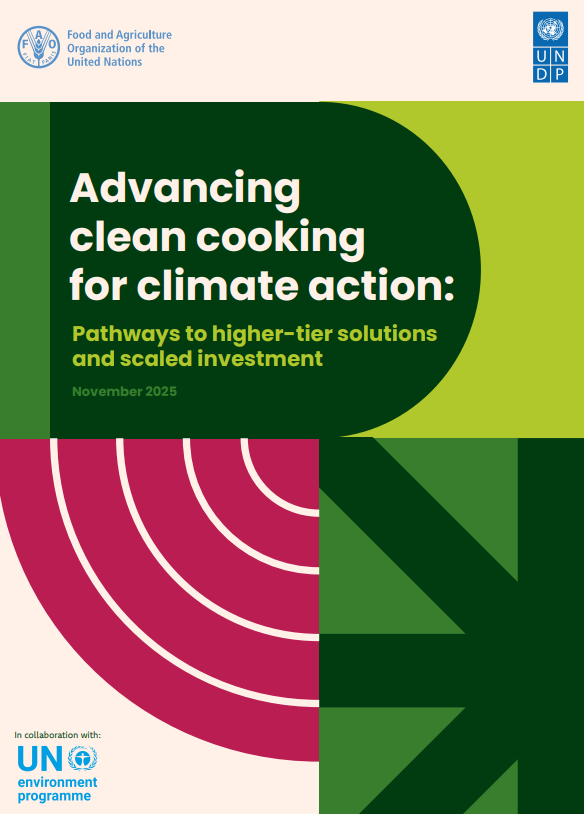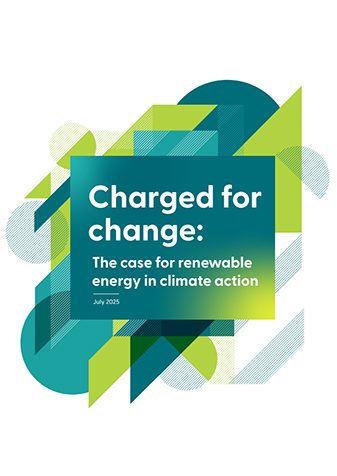Zimbabwe: Measuring the socioeconomic impacts of climate policies to guide NDC enhancement and a just transition

Zimbabwe Green Jobs Assessment Report
Policymakers’ many concerns in addressing climate change include its impact on economic growth, job creation and social development. This is evident from Zimbabwe’s Vision 2030 to become an upper-middle income country and its 2021-2025 development strategy prioritizing “new wealth creation and expanding horizons of economic opportunities for all Zimbabweans, with no one left behind.” It is thus of utmost importance to assess the potential development effects of climate policies ex-ante so as to design a climate strategy that maximizes job creation, economic and social development, while minimizing negative effects and leaving no one behind.
The purpose of this study is to assess the social, employment and economic impacts of Zimbabwe’s climate policies. To do so, the 12 leading policies were selected from Zimbabwe’s Nationally Determined Contributions (NDCs). They are analysed in terms of their immediate, short- and medium-term effects (primary), as well as their long-term effects (secondary). Impacts on the labour market, employment, economic growth and emissions are also assessed.


